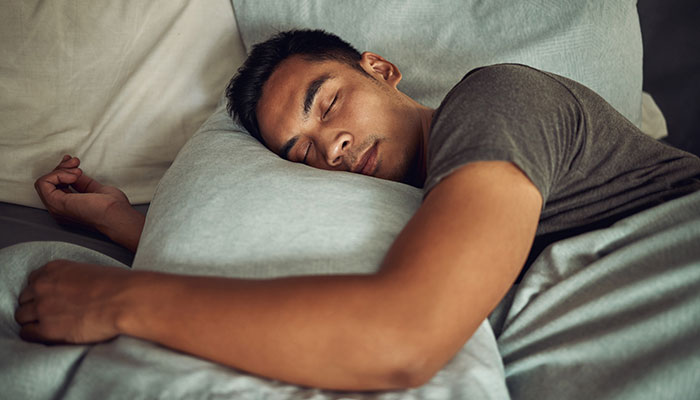Why Is Your Sleeping Posture So Important?
When it comes to building healthy habits, we usually talk about eating well, staying active, and managing stress. But there’s another piece of the puzzle that many people overlook — your sleep posture.
It might seem like a small detail, but the position you sleep in each night can impact everything from your spinal alignment and breathing to digestion and circulation.
Let’s explore why your sleeping position deserves attention, and how a few simple adjustments could lead to better sleep and long-term wellness.
Why Is Sleep Position So Important?
We spend nearly a third of our lives sleeping. That’s a lot of time for your body to be in one position — and if that position isn’t good for you, it can lead to chronic aches, poor sleep quality, and even health complications over time.
If you’re getting enough hours of sleep but still waking up sore or tired, your posture in bed might be the reason.

Common Sleep Posture Mistakes
- Sleeping on Your Stomach
Although it may feel cozy, stomach sleeping puts your neck in an awkward twist and misaligns your spine, which can lead to back and neck pain. It also puts pressure on your internal organs and can affect digestion and breathing. - Arms Overhead While Sleeping
Sleeping with your arms above your head or under the pillow can compress nerves and blood vessels. This may result in numbness, tingling, or shoulder pain when you wake up. - Curled-Up Fetal Position
While it’s popular and comforting, curling too tightly can restrict deep breathing and stress your lower back. A looser, more relaxed fetal position is better for overall comfort and flexibility.
How to Improve Your Sleep Posture
- Choose the right pillow: Your pillow should support your neck and keep your spine in line.
- Use a knee pillow: If you’re a side sleeper, a pillow between your knees reduces strain on your lower back and hips.
- Get a supportive mattress: Medium-firm mattresses usually offer the best balance of comfort and support.
- Limit screens before bed: Reducing blue light exposure can help regulate your sleep cycle.
- Set the scene for rest: A cool, dark, and quiet room encourages deeper, uninterrupted sleep.
In Summary
Your sleep posture has a direct impact on how you feel — both at night and throughout the day. It’s not just about how long you sleep, but how well your body rests during that time.
Taking a few steps to improve your sleeping position could be the simplest way to wake up feeling better, more refreshed, and ready for whatever the day brings.

